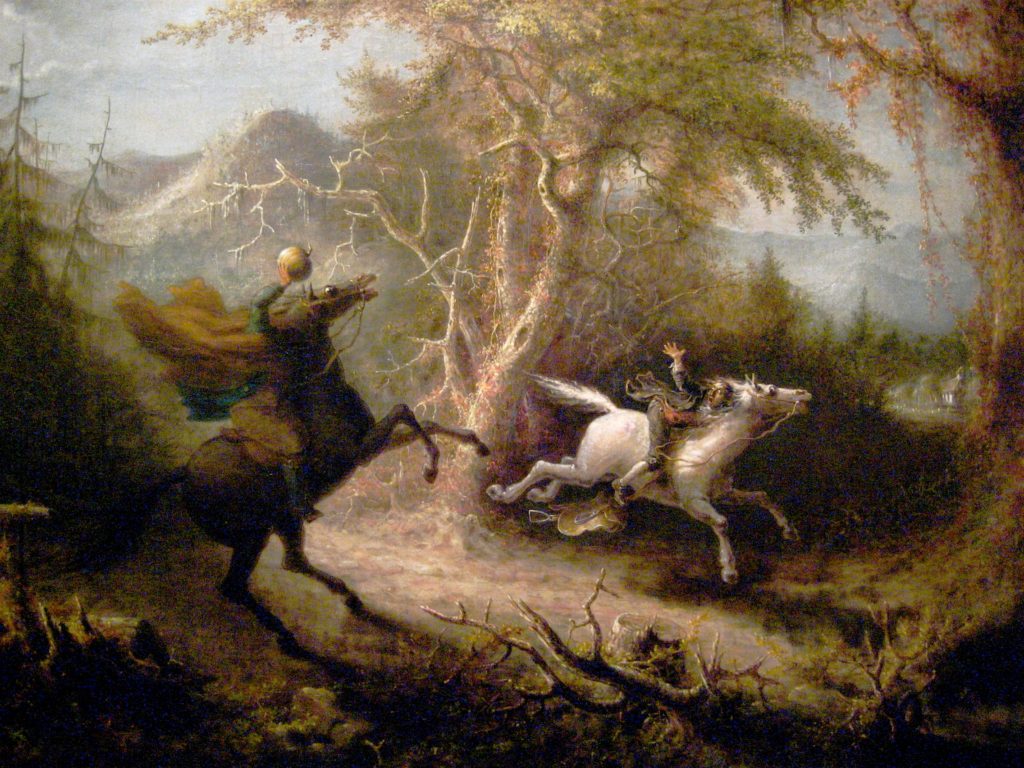
I am convinced that I owe my career in literature to my 8th grade English teacher, Mr. P__. He was a tall, gangly man with a large head that showed the outline of the skull beneath. His eyes were deep-set, his skin sallow, and I don’t think I ever saw him smile. He would move slowly back and forth in front of his desk as though he were sleepwalking. All this, I have to say, appealed to me. Had he been handsome and congenial, I wouldn’t have been intrigued, and, who knows, might never have pursued the study of literature and gone instead into speech therapy or organic chemistry or some other field of study. It’s strange how things like the weirdness of a teacher can determine a future career.
I was not a conventional 8th grader and imagined myself to be even odder than I was. I liked Mr. P__ because I thought he was the sort of person no one else would appreciate. (As it turns out, this was not true. He was later pursued by another English teacher, who caused something of a scandal when she left her husband for him.)
Mr. P__’s appeal for me lay not just in his ghoulish appearance but also in the way he taught. I had been used to English teachers who spent the class hour explaining the use of the gerund or having us memorize “Casey at the Bat.” Mr. P__ had no interest in such things. His lessons were simple: he gave us stories to read—a few tattered mimeographed pages—and then asked us questions about them.
What I most remember about Mr. P__’s teaching were the silences. He would ask a question and wait for an answer. I myself have never been able to wait. If a class doesn’t answer my question quickly, I begin rephrasing and prompting and, if necessary, answering the question myself. But P__ could wait. And the longer he waited, the more exciting and important the question seemed to become.
I remember that we read “The Legend of Sleepy Hollow” by Washington Irving that year. This may seem a strange text to launch a deep and abiding love of literature, but it says something for Mr. P__ that he gave this story a depth and resonance that future revisitings have not borne out.
“What is the meaning of the headless horseman?” I remember him asking.
The class at first responded readily: “The headless horseman is a hoax perpetrated by Brom Bones to get rid of his rival, the heinous Ichabod Crane,” we explained. But this was not what Mr. P__ was after.
“What is the meaning of the horseman without a head?” he repeated.
What did Mr. P__ want? We circled back. It was true that the story didn’t make it explicit that a hoax had been perpetrated. Did Mr. P__ want us to entertain the possibility that there really was a headless horseman? Was that the meaning he was after?
Apparently it was not, for this answer did not satisfy him either.
What other meaning could there be? We tried answering in a variety of ways, but nothing seemed to be right.
Thinking back, I wonder if Mr. P__ had something Freudian in mind and couldn’t see that this was beyond our 8th-grade imaginations. But I prefer to think that his intent was purer, that he was raising a question that could not be answered and which he knew could not be answered. I do know that the answers we gave him were always on the right track but never the right ones. His hollow-eyed gaze would flicker over us with a certain detached warmth, like a jack-o’-lantern with a dying light inside, as he would wait for us to make another try. Now that I think on it, he evoked the headless horseman. He looked like he might have come back from the grave, and he had some of the same qualities of being either magical or a hoax. Was a self-reference buried in his question?
Who knows what Mr. P__ was driving at—whether he had a method or was just filling time? But I will say that the same feeling of excitement in pursuit of meaning would draw me, years later, to an appreciation of the late work of Henry James. So much about James’s later writing is opaque, contested, and open; one feels as though the answer is imminent but never quite at hand. When I read James, I think of Mr. P__ and the headless horseman galloping ahead, myself in pursuit.

